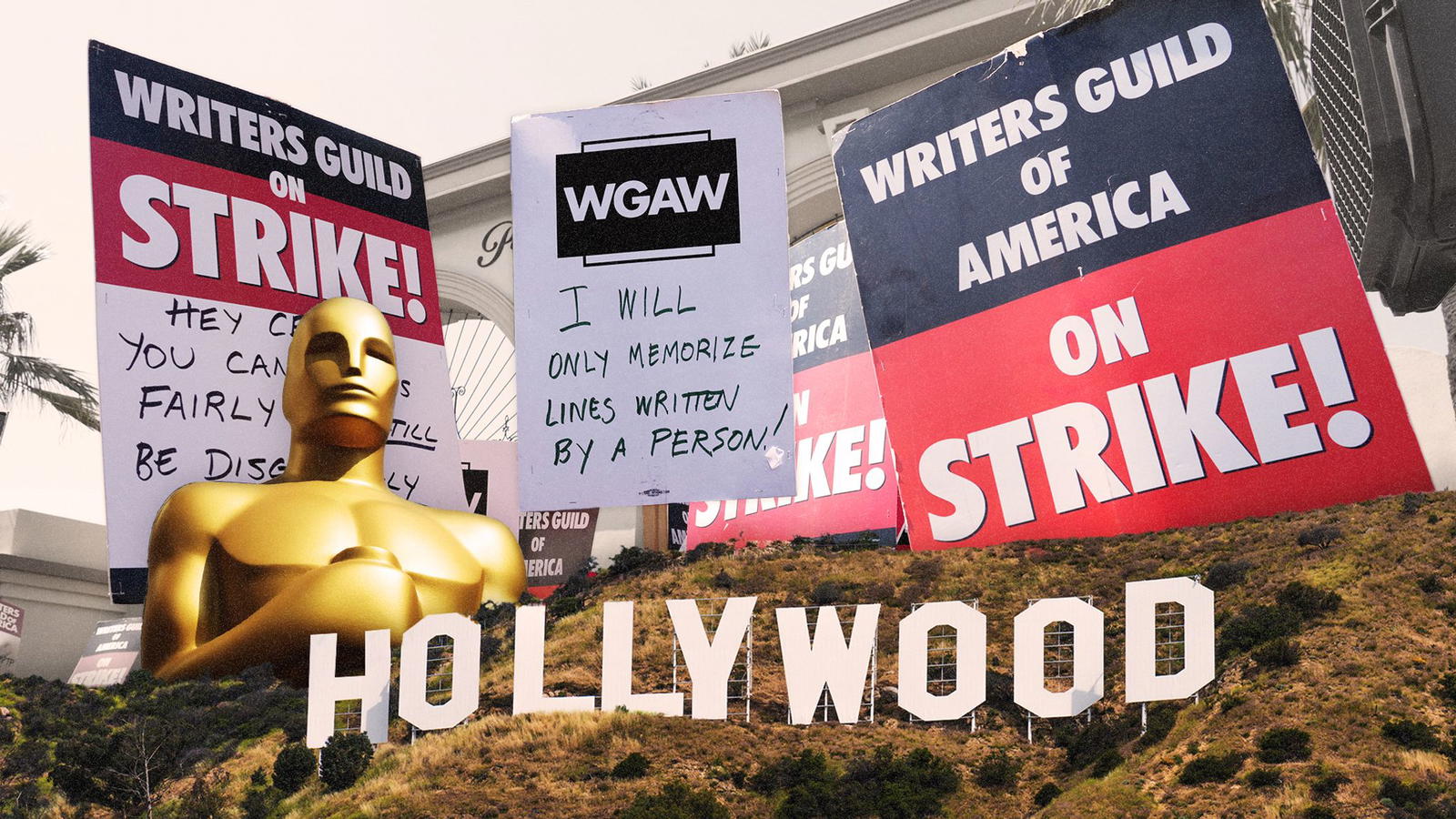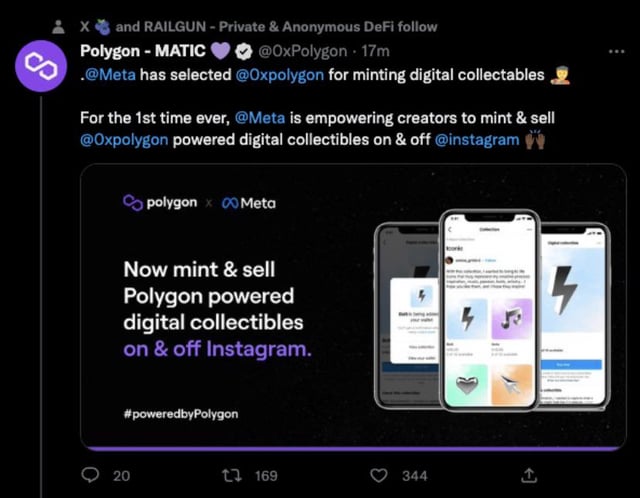Double Trouble In Hollywood: Writers And Actors Strike Brings Industry To Standstill

Table of Contents
The Writers Guild of America (WGA) Strike: Core Demands and Impact
The WGA strike, which began in May 2023, represents a significant turning point in the relationship between writers and the major studios. Their core demands center around fair compensation, the threat of AI, and improved working conditions.
Fair Wages and Residuals in the Streaming Era
The shift from traditional television to streaming services has dramatically altered the compensation landscape for writers. Historically, writers received residuals – payments based on reruns and syndication – that provided a significant portion of their income. Streaming services, however, often offer flat fees, significantly reducing writers’ long-term earning potential. The WGA is demanding fair compensation models that reflect the increased viewership and profitability of streaming platforms.
- Specific compensation issues: The WGA highlights discrepancies in pay between streaming and traditional broadcast deals, with streaming often offering significantly less.
- Impact on mid-level and junior writers: The shift to flat fees disproportionately affects mid-level and junior writers, making it difficult to sustain a living wage.
The Threat of AI and its Impact on Writers' Work
The WGA expresses serious concerns about the increasing use of artificial intelligence in scriptwriting. They fear that AI could be used to replace writers entirely, undermining their livelihoods and creative contributions. The union is demanding regulations to protect writers' jobs and ensure that AI is used responsibly and ethically in the industry.
- Examples of AI’s current use: AI is being used for tasks like generating story ideas, writing basic scripts, and even rewriting existing material.
- Potential future use: The WGA fears that AI could eventually replace human writers altogether, leading to a loss of jobs and creative control.
Minimum Staffing and Working Conditions
The WGA also demands improved minimum staffing levels on productions. Insufficient staffing leads to longer working hours, increased pressure, and ultimately, compromises the quality of the final product. Adequate staffing ensures a collaborative and sustainable work environment.
- Positive impacts of adequate staffing: Improved script quality, better writer collaboration, reduced stress and burnout.
- Negative impacts of insufficient staffing: Overworked writers, rushed scripts, decreased creative quality, and potential health issues.
The SAG-AFTRA Strike: Actors Join the Fight
SAG-AFTRA, representing actors, joined the fight in July 2023, solidifying the industry's standstill. Their demands echo many of the WGA's concerns, focusing on fair wages, the misuse of AI, and the protection of actors' rights.
Fair Wages and Residuals for Actors
Similar to writers, actors are facing significant challenges with fair compensation in the streaming era. Streaming deals often offer minimal or no residuals, impacting actors' long-term earning potential, particularly for those in supporting roles. SAG-AFTRA demands increased residuals and minimum pay to reflect the value they bring to productions.
- Specific examples of pay disparities: Actors often earn significantly less from streaming platforms compared to traditional television contracts, even when their work reaches a massive audience.
Concerns About Self-Tape Auditions and the Use of AI
The overuse of self-tape auditions, often provided at actors' expense, is a significant point of contention. SAG-AFTRA argues that this practice exploits actors and diminishes their value. Furthermore, the union expresses concerns about the use of AI to replace actors in various capacities.
- Examples of exploitation via self-tape auditions: Actors incur costs for equipment, space, and editing, often without adequate compensation.
- Potential AI misuse: AI could be used to create digital replicas of actors without their consent, diminishing their earning potential and control over their image.
Protecting Actors' Images and Likeness
SAG-AFTRA is demanding stricter regulations on the use of actors' images and likenesses. The rise of AI technology has raised concerns about the unauthorized use of actors' performances and digital creations without their consent or proper compensation.
- Examples of unauthorized use: Deepfakes and AI-generated images could be used to replace actors in future projects without their knowledge or consent.
The Broader Impact of the Hollywood Strike
The Hollywood strike's impact extends far beyond the creative community. The prolonged work stoppage has significant economic consequences across various sectors.
- Economic impact: Production companies face delays and losses, support staff experience layoffs, and local economies reliant on film and television production suffer downturns.
- Impact on award season and future releases: The strike threatens to significantly impact the upcoming award season and delay the release of numerous films and television shows.
- Examples of production delays and layoffs: Numerous film and television projects have been halted, leading to widespread job losses among crew members, technicians, and other support staff.
Conclusion
The simultaneous strike by the WGA and SAG-AFTRA represents a watershed moment in Hollywood history. The core issues of fair wages, residuals in the streaming era, the threat of AI, and improved working conditions highlight the need for systemic change within the entertainment industry. The prolonged strike has far-reaching consequences, impacting not just the creative community but the global entertainment landscape.
Understanding the complexities of the Hollywood strike is crucial. Stay informed about the ongoing negotiations and support the efforts to ensure fair compensation and sustainable working conditions for writers and actors. Keep up-to-date on the latest developments in the Hollywood strike, the writers strike, and the actors strike to better understand the future of film and television.

Featured Posts
-
 Rpl 23 Y Tur Spartak Oderzhal Krupnuyu Pobedu Nad Rostovom
Apr 23, 2025
Rpl 23 Y Tur Spartak Oderzhal Krupnuyu Pobedu Nad Rostovom
Apr 23, 2025 -
 Broadcoms Proposed V Mware Price Hike A 1 050 Jump Concerns At And T
Apr 23, 2025
Broadcoms Proposed V Mware Price Hike A 1 050 Jump Concerns At And T
Apr 23, 2025 -
 The 20 Point Lead That Wasn T Examining Poilievres Electoral Strategy
Apr 23, 2025
The 20 Point Lead That Wasn T Examining Poilievres Electoral Strategy
Apr 23, 2025 -
 Terry Franconas Illness Missing Brewers Game
Apr 23, 2025
Terry Franconas Illness Missing Brewers Game
Apr 23, 2025 -
 Revolutionizing Voice Assistant Development Open Ais New Tools Unveiled
Apr 23, 2025
Revolutionizing Voice Assistant Development Open Ais New Tools Unveiled
Apr 23, 2025
